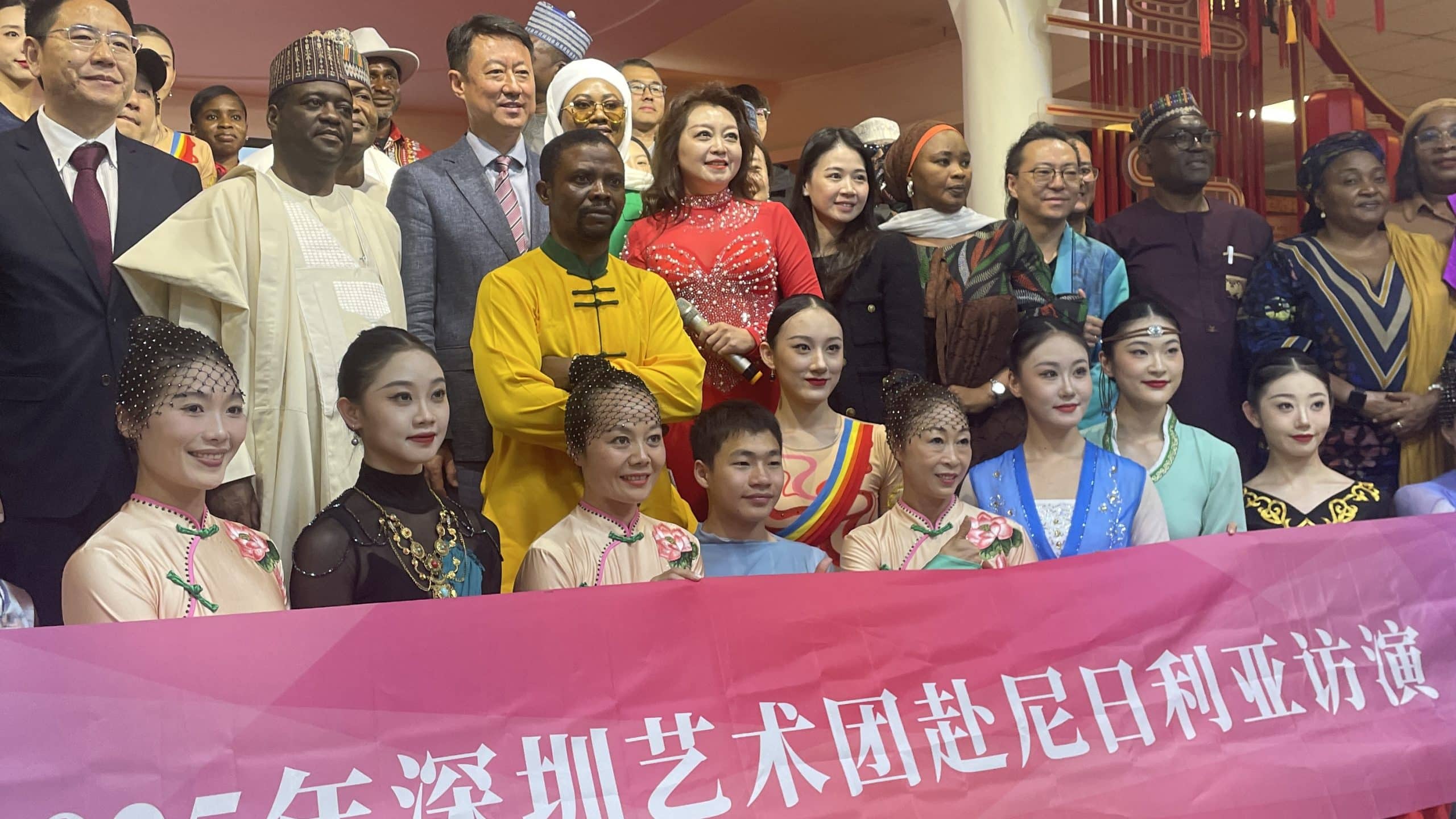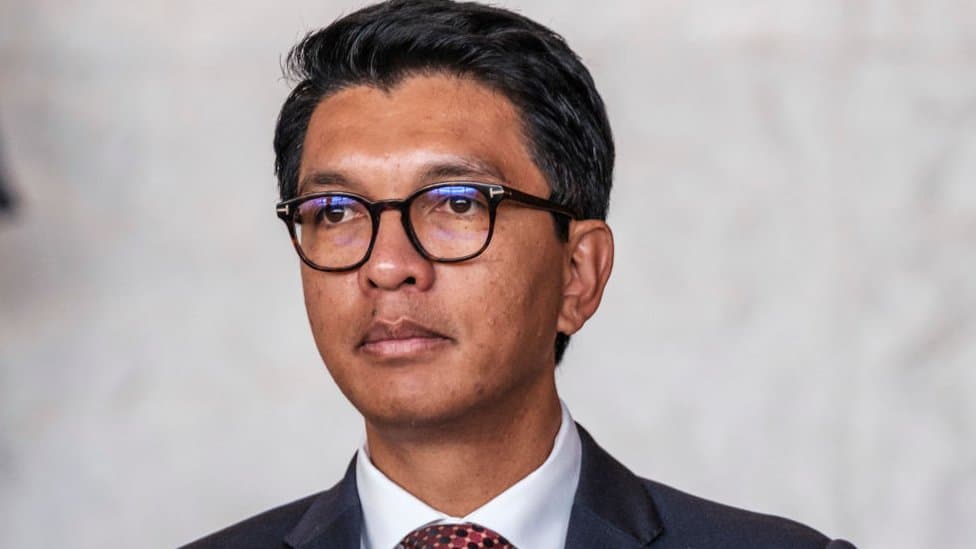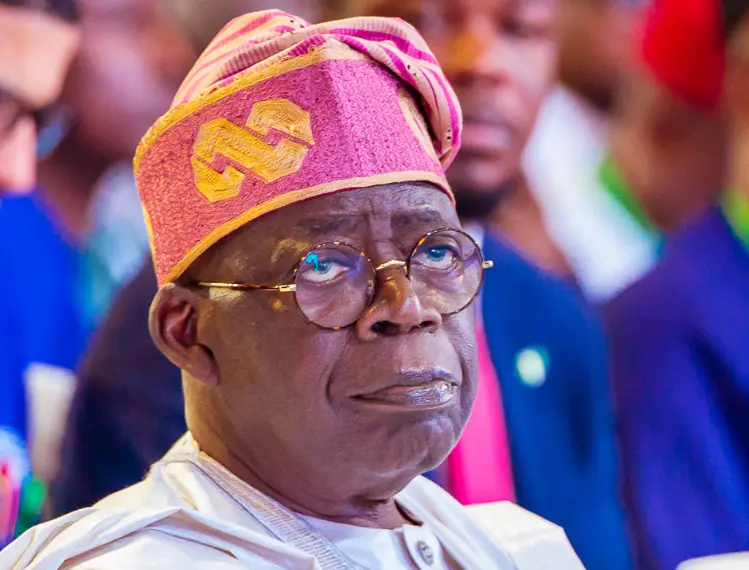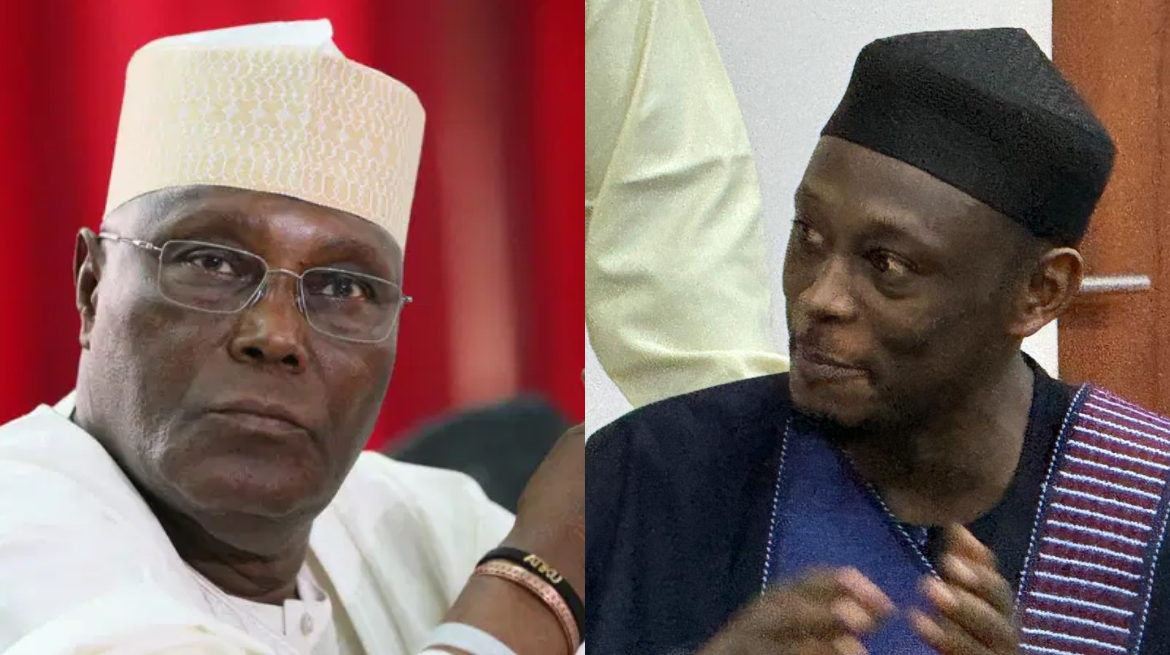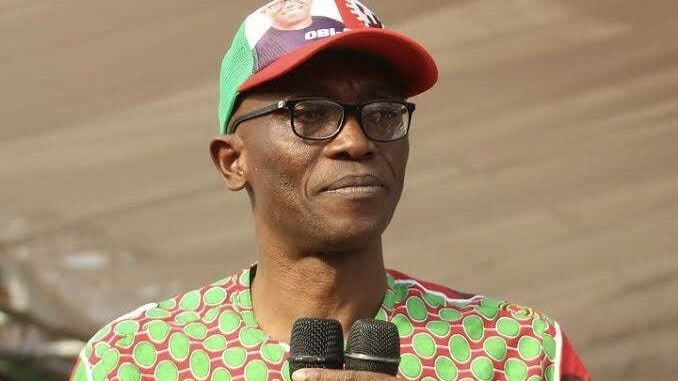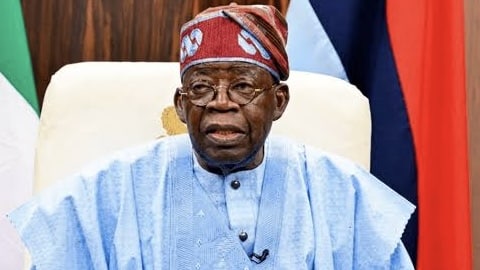The Chinese Ambassador to Nigeria, Yu Dunhai, has stressed the need for cultural preservation alongside economic growth, noting that cultural exchange remains a foundation for broader cooperation between Nigeria and China.
Speaking at the Mid-Autumn Festival celebration in Abuja, the envoy pointed to Shenzhen’s transformation as a model of how tradition and innovation can coexist.
“Over past few decades, Shenzhen has transformed from a small fishing village into a world-renowned modern metropolis. What makes it stand out is not only its technological innovation and modern industries, but also its vibrant cultural scene that blends traditional heritage with modern creativity,” he said.
He added that cultural ties are key to strengthening bilateral relations.
He said, “Friendship, which derives from close contact between peoples, holds the key to sound state-to-state relations.”
The Ambassador also described the performances by the Shenzhen Opera & Dance Theatre, the Shantou Acrobatic Troupe, and the Shenzhen XingZhe Fusion Band as “a heartfelt expression of our warmest wishes for the China-Nigeria friendship.”
But the celebration was not only about Chinese artistry. Nigerian performers, including the National Troupe of Nigeria, the Abuja Wushu Association, and the Abuja Capital Voice Choir also took the stage.
Some Nigerian artistes rendered performances in Chinese, while Chinese performers could be seen embracing Nigerian artistry.
The display, observers noted, was a lesson in how cultural collaboration builds bridges beyond language and geography, strengthening ties through shared creativity and mutual respect.
Also speaking, the Permanent Secretary of the Federal Ministry of Arts, Culture, Tourism and the Creative Economy, Dr. Mukhtar Yawale Muhammad, described the October 1st synchronicity of Nigeria and China’s National Days as symbolic.
“This synchronicity is a powerful symbol. Though we are separated by geography, our aspirations for national pride, development, and progress are aligned,” he said.
He stressed that the Mid-Autumn Festival values of family, harvest, and blessings mirror Nigeria’s own traditions.
“These values are not foreign to us in Nigeria. We, too, celebrate our harvests with joy and thanksgiving,” he said.
Dr. Muhammad further emphasized the role of tourism and the creative economy in deepening bilateral relations.
“Through tourism and cultural exchange, we break down stereotypes and build lasting bonds,” he said.
The celebration comes shortly after another milestone in Nigeria-China cultural ties. Recall that recently, the Secretary of Education for the Federal Capital Territory, Dr. Danlami Hayyo, announced that Mandarin has been officially included as one of the foreign languages to be taught in senior secondary schools across Nigeria, following a review of the national curriculum. The move was unveiled at the inauguration of the 14th Chinese Corner at Government Secondary School, Tudun Wada, Abuja.
Guests at the festival were treated not only to a cultural feast but also to mooncakes, the Mid-Autumn delicacy symbolizing reunion and happiness.
The Mid-Autumn Festival is a traditional Chinese holiday celebrating family reunion, harvest, and prosperity, often marked by mooncakes and moon-gazing


